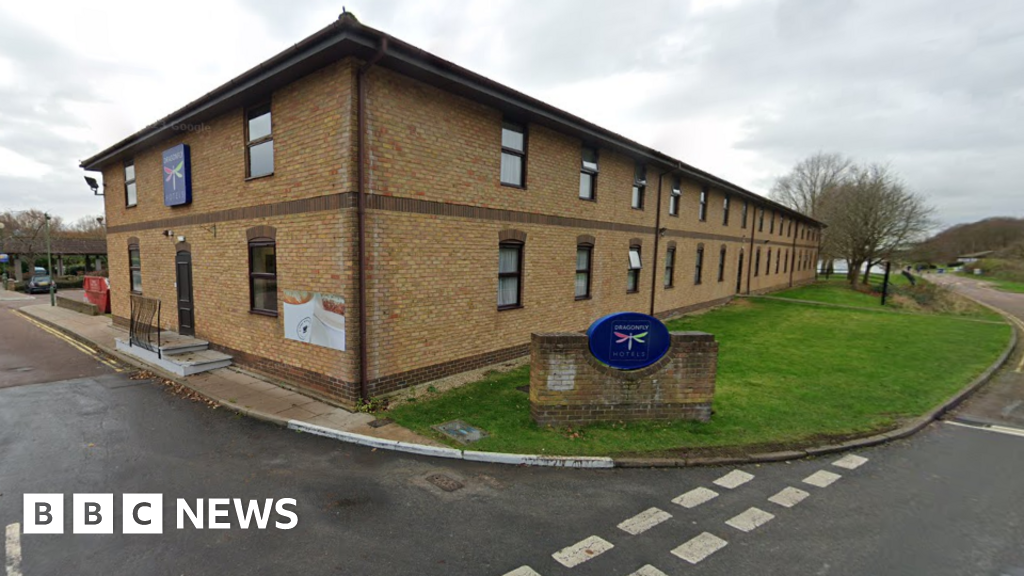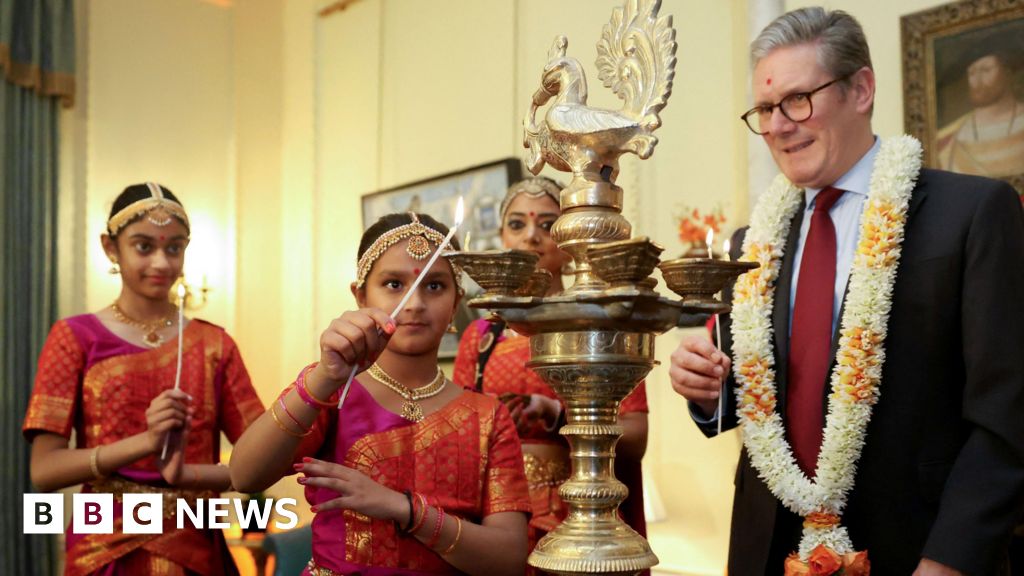ARTICLE AD BOX
Image source, Getty Images
Image caption,Ben Wallace and Priti Patel have revealed they were targeted by hoax callers last week
The UK government has publicly blamed Russia for hoax calls about the conflict in Ukraine made to British cabinet ministers.
Defence Secretary Ben Wallace and Home Secretary Priti Patel said they had been contacted by imposters last week.
Downing Street has now revealed an unsuccessful attempt was also made to contact Culture Secretary Nadine Dorries.
A No 10 spokesman added that further hoax calls to ministers are expected.
There is understood to be concern in government that doctored recordings of the calls may be made public to reinforce Russian claims about the war.
'Standard practice'
On Friday, Mr Wallace blamed "Russian disinformation, distortion and dirty tricks" for a man calling him pretending to be Ukrainian PM Denys Shmyhal.
Home Secretary Priti Patel then revealed shortly afterwards that she had received a similar call earlier in the week.
On Monday, Boris Johnson's spokesman told reporters that "the Russian state was responsible for the hoax telephone calls made to UK ministers last week".
The spokesman did not give further details, but added: "This is standard practice for Russian information operations.
"Disinformation is a tactic straight from the Kremlin playbook to try to distract from their illegal activities in Ukraine and the human rights abuses being committed there.
"We are seeing a string of distraction stories and outright lies from the Kremlin, reflecting Putin's desperation as he seeks to hide the scale of the conflict and Russia's failings on the battlefield."
Image source, Reuters
Image caption,Nadine Dorries entered the cabinet in September when she was made culture secretary
It is understood that Mr Wallace was put through to a Microsoft Teams video call which lasted about 10 minutes.
The video call was set up after an email, purportedly from an aide at the Ukrainian embassy in London, was sent to a government department and then forwarded to the Ministry of Defence.
Mr Wallace was apparently asked about whether the UK would send warships to the Black Sea, and if Ukraine should get nuclear weapons.
The defence secretary was also apparently asked about the prospect of Ukraine dropping its ambition to join Nato and becoming a "neutral" state.
A cross-department government inquiry into how the call happened is ongoing.
Asked whether defences against hoax calls were strong enough, the No 10 spokesman said there was guidance on how such calls should be handled.

 2 years ago
23
2 years ago
23








 English (US)
English (US)